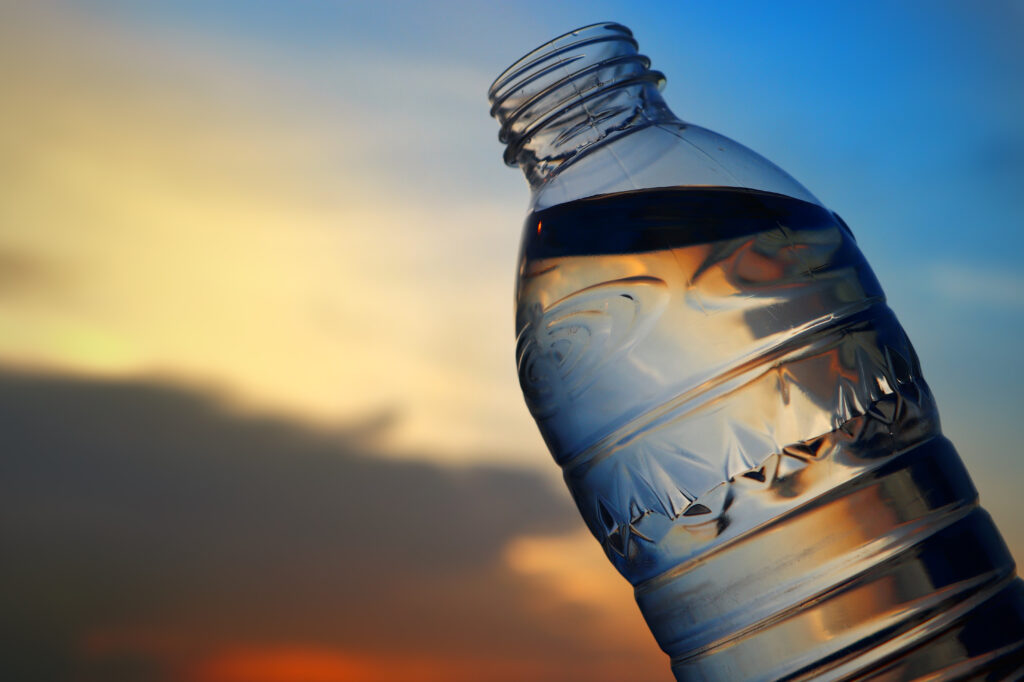
In an age where sustainability and health are paramount, the ubiquitous presence of bottled water has come under scrutiny. Despite its convenience, the drawbacks of consuming water from plastic bottles have become increasingly apparent, with impacts that range from personal health concerns to environmental degradation. Here are 12 hidden dangers associated with drinking bottled water, shedding light on why making the switch to more sustainable and safer alternatives is essential.
1. Chemical Leaching
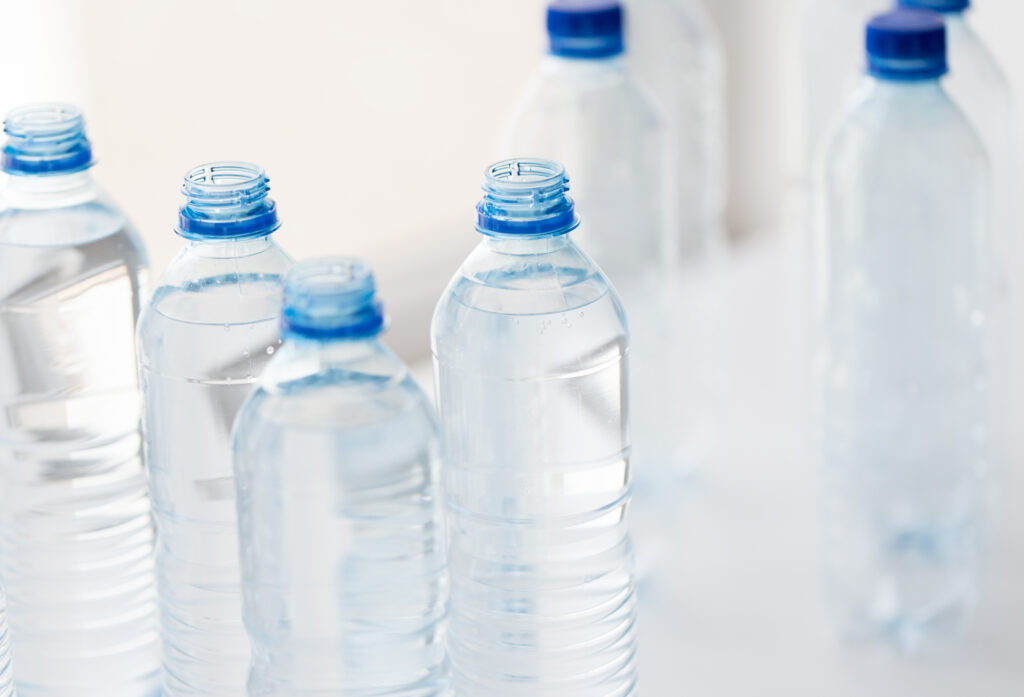
Plastic bottles can leach harmful chemicals into the water they contain, especially when exposed to heat or if they’ve been stored for a long time. Substances like bisphenol A (BPA) and phthalates, known for their endocrine-disrupting effects, can seep into the water, posing significant health risks to consumers, including hormonal imbalances and reproductive issues.
2. Microplastics Contamination
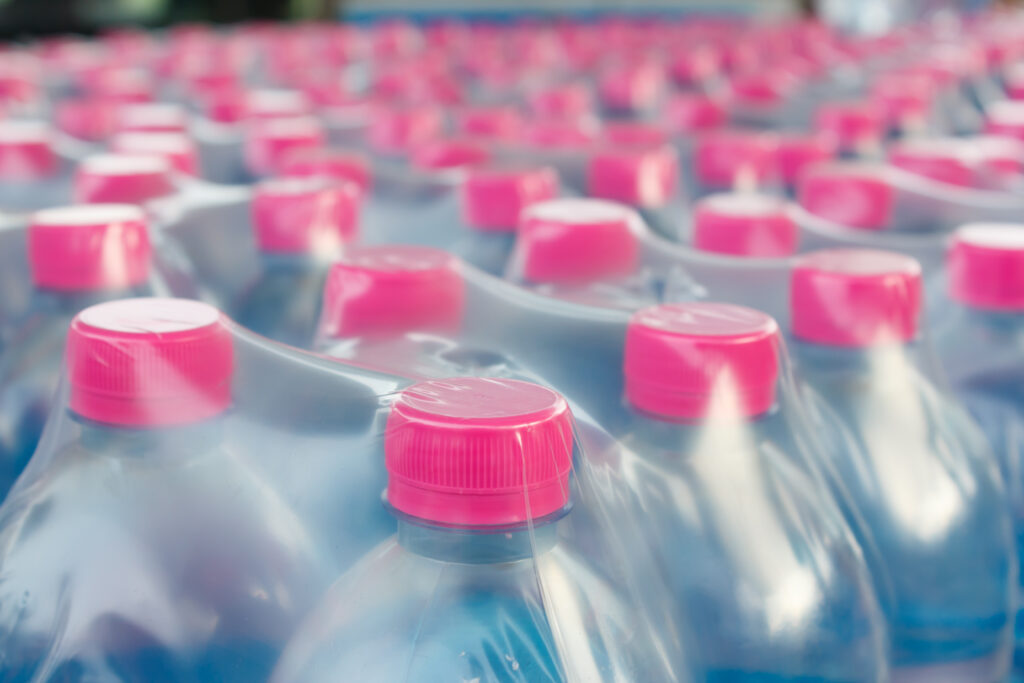
Recent studies have revealed the presence of microplastics in bottled water, with particles small enough to penetrate human tissues. These microplastics can accumulate in the body over time, potentially leading to inflammation, immune responses, and other health issues, although the full extent of their impact is still being researched.
3. Environmental Pollution
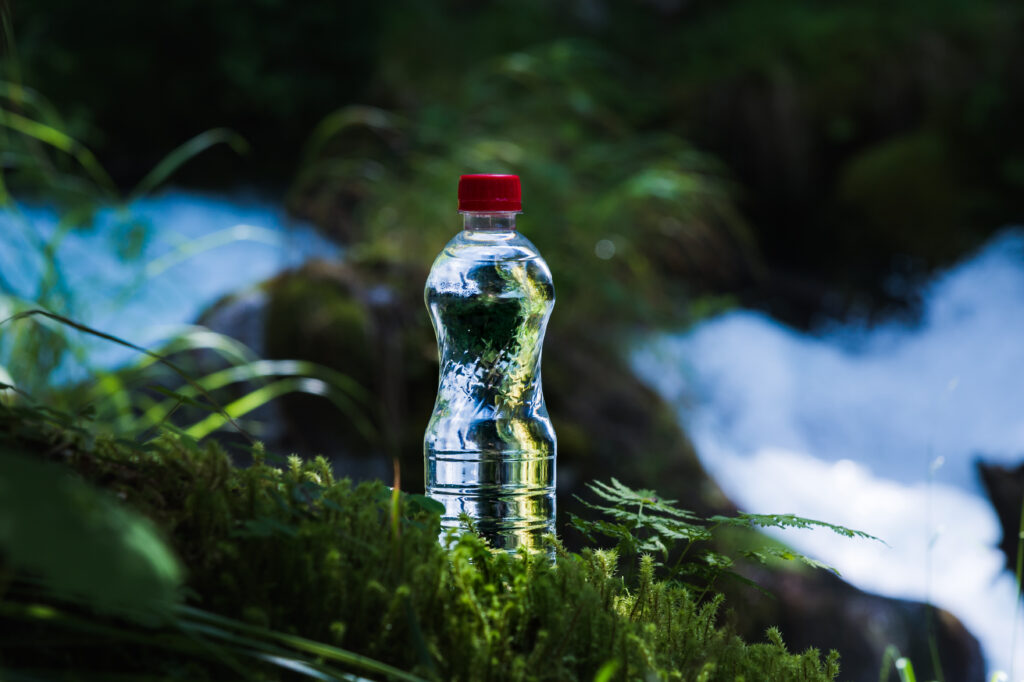
The production and disposal of plastic water bottles contribute significantly to environmental pollution. Most plastic bottles are not recycled and end up in landfills or as litter in natural habitats, where they can take hundreds of years to decompose, releasing toxic chemicals into the soil and waterways.
4. Resource Intensive
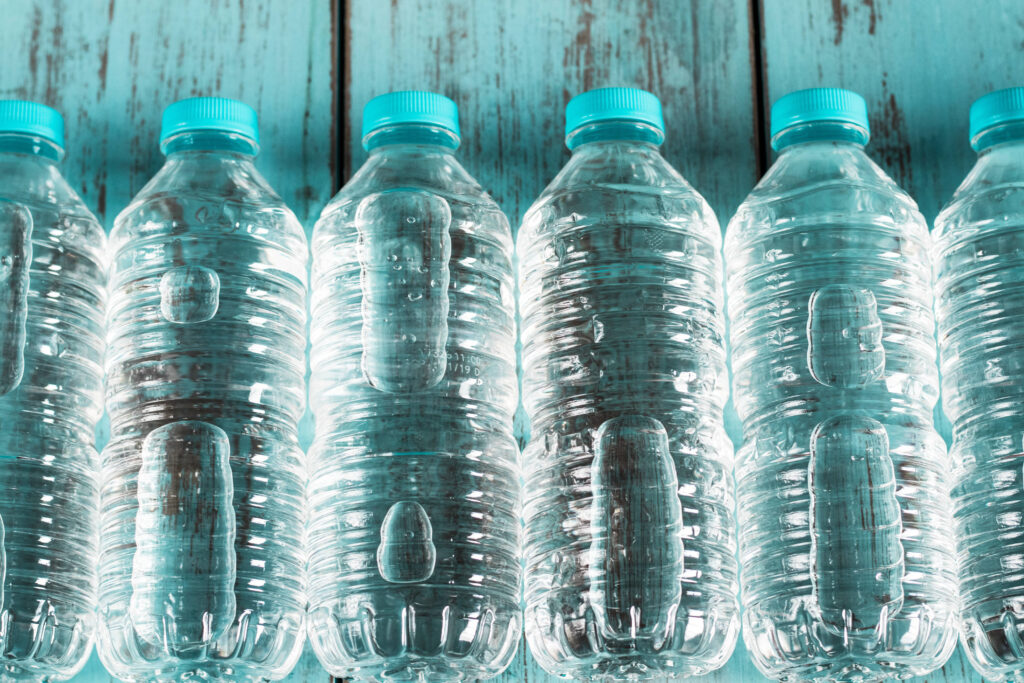
The bottled water industry is resource-intensive, requiring vast amounts of water and fossil fuels to produce and transport the bottles. It’s estimated that producing the bottles for the American bottled water consumption requires more than 17 million barrels of oil annually, exacerbating carbon emissions and contributing to climate change.
5. Misleading Marketing
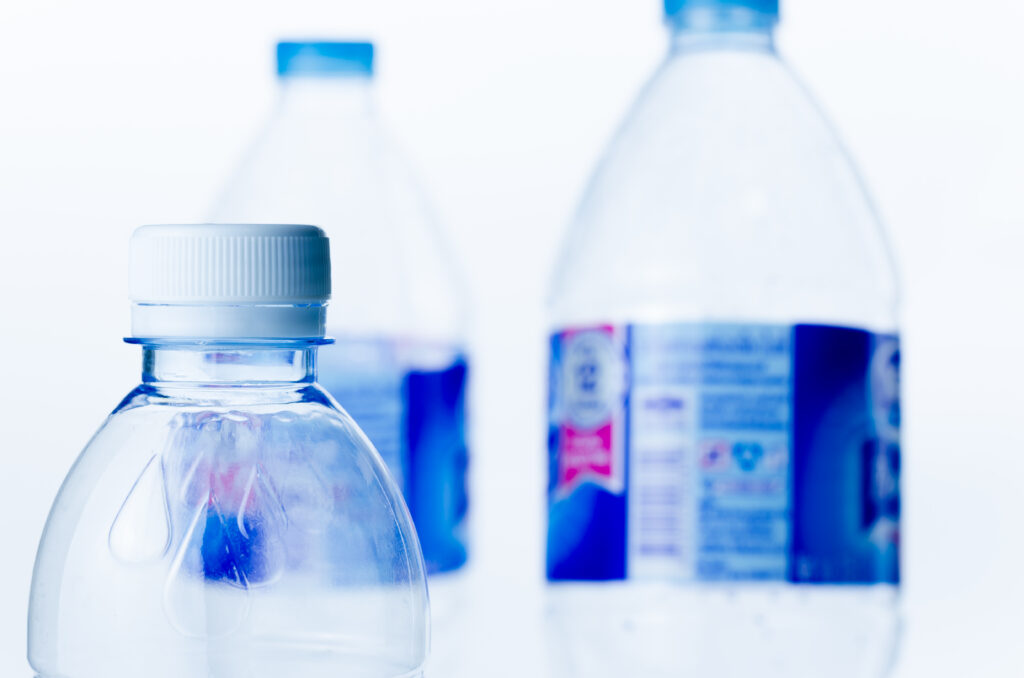
Bottled water companies often market their products as being cleaner or healthier than tap water, but this is not always the case. In many countries, tap water is subject to more stringent testing and regulations than bottled water, meaning the tap water in your home could actually be of higher quality.
6. Economic Costs
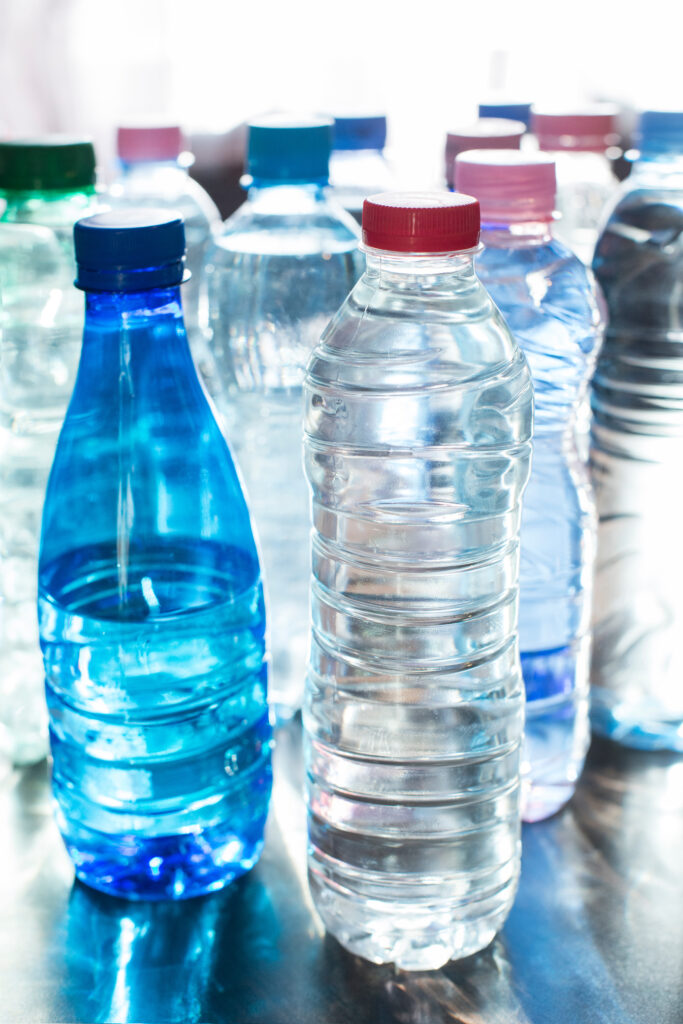
Buying bottled water is significantly more expensive than drinking tap water. Consumers can save a considerable amount of money each year by switching to reusable water bottles and filtering their water if necessary, rather than relying on the costly alternative of bottled water.
7. Waste Generation
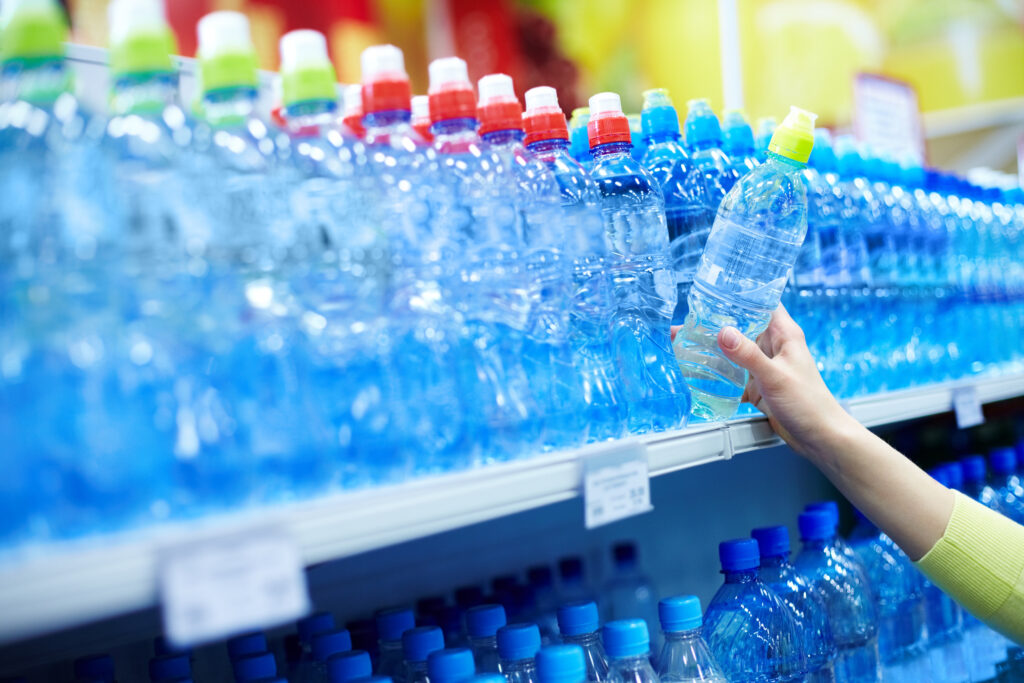
The single-use nature of plastic water bottles generates a tremendous amount of waste. Even in regions with efficient recycling programs, a large proportion of plastic bottles are not recycled, contributing to the growing problem of plastic waste worldwide.
8. Carbon Footprint
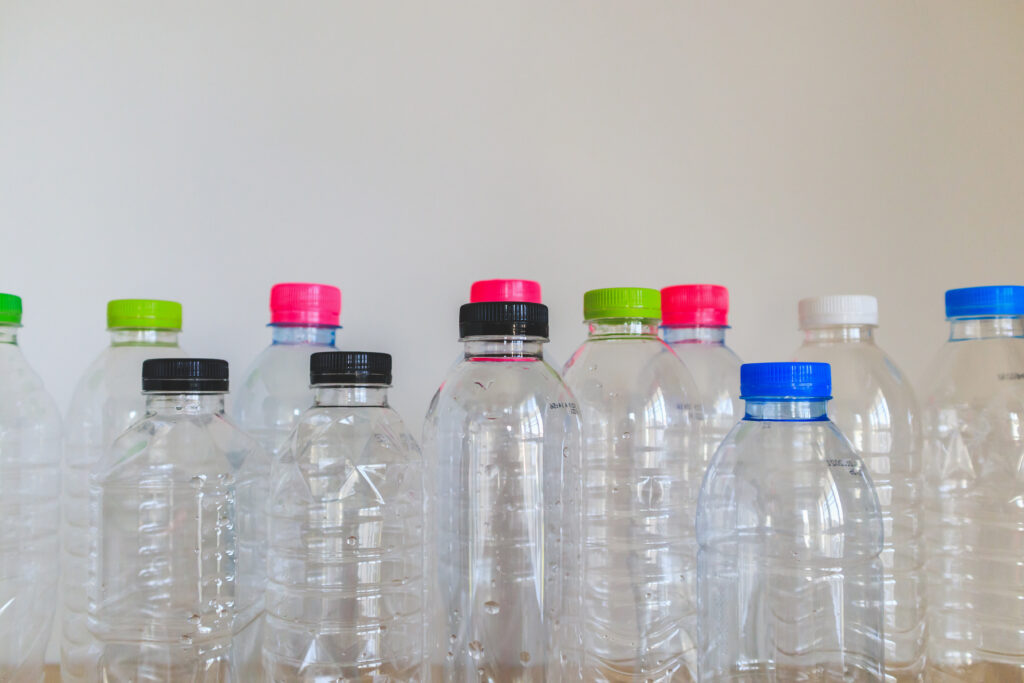
Transporting bottled water from its source to the consumer involves burning fossil fuels, contributing to greenhouse gas emissions. The carbon footprint of bottled water is significantly higher than that of tap water, which typically requires much less energy to deliver to your glass.
9. Water Scarcity
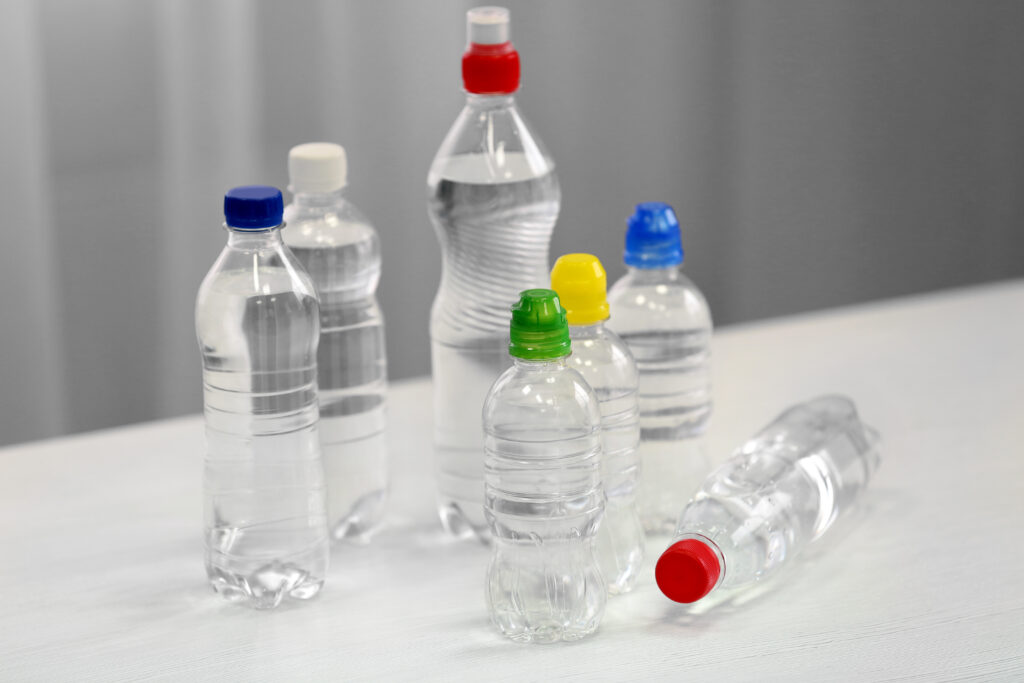
The extraction of water for bottling can lead to water scarcity in local communities near the source. In some cases, water resources are diverted away from local needs and ecosystems, affecting agriculture, drinking water supplies, and natural habitats.
10. Loss of Public Trust in Tap Water
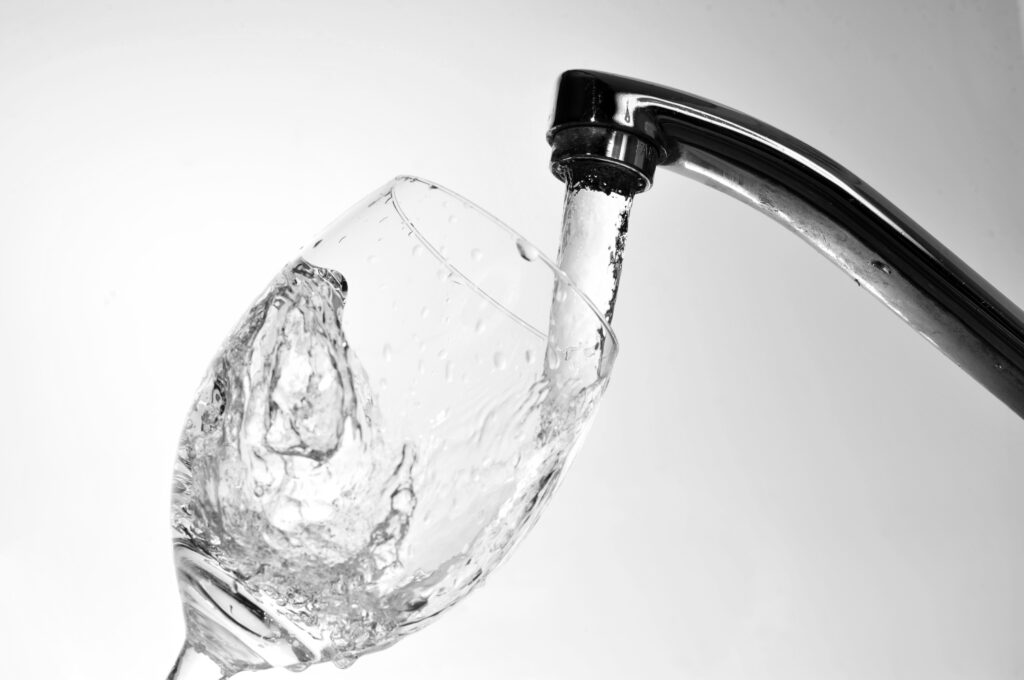
The prevalence of bottled water can undermine public trust in tap water quality, leading to decreased investment in public water infrastructure. Ensuring access to clean, safe tap water for all should be a priority, but the bottled water industry can shift focus away from this goal.
11. Impact on Marine Life
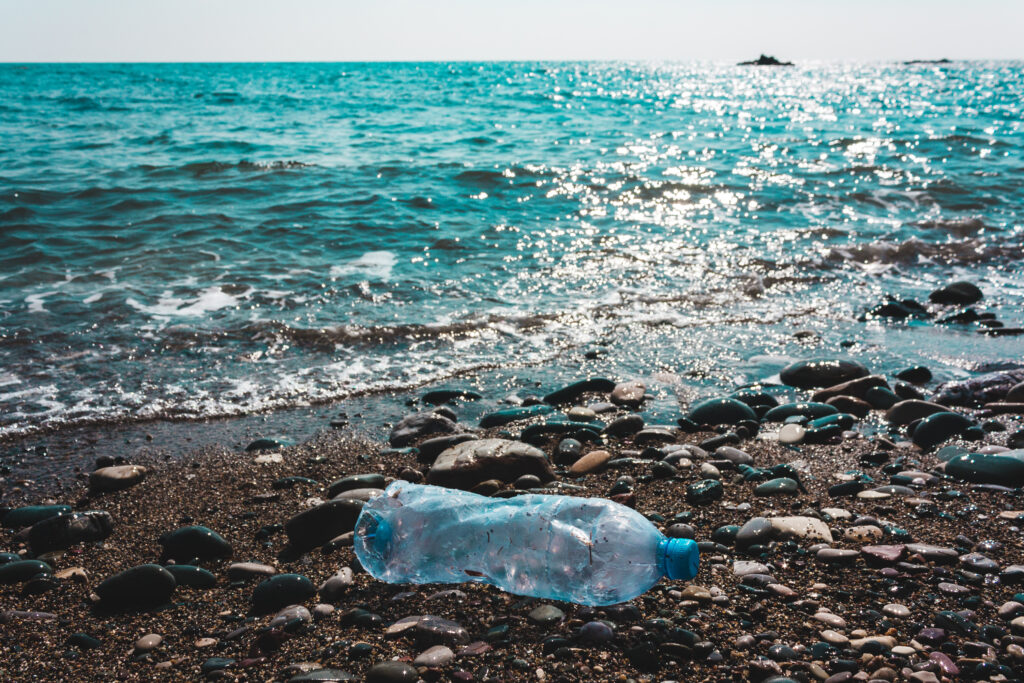
Plastic bottles that end up in the ocean pose a serious threat to marine life. Animals can ingest the plastic or become entangled in it, leading to injury or death. The environmental impact of plastic waste in our oceans is profound, affecting countless marine species and ecosystems.
12. Social and Ethical Concerns

There are also social and ethical concerns related to bottled water, including the commodification of a basic human right. In areas where access to clean water is limited, the focus should be on improving water infrastructure and accessibility rather than profiting from bottled water sales.
Consider Making the Switch Away From Bottled Water
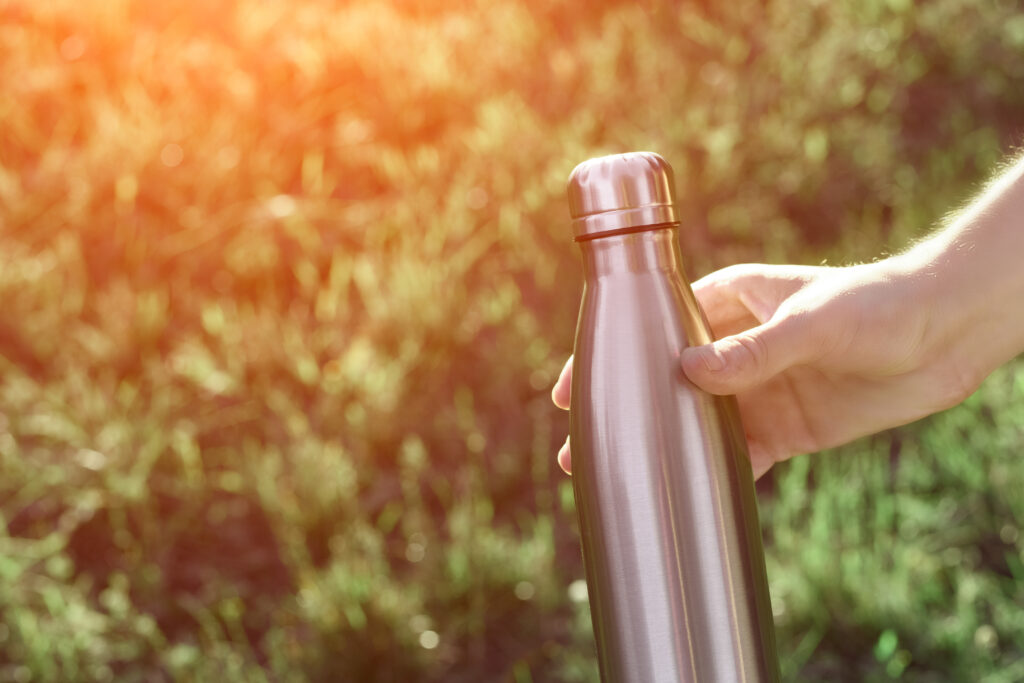
As awareness of these dangers grows, more people are turning to alternatives, such as installing water filters at home and carrying reusable water bottles. These choices not only protect individual health and save money but also contribute to the broader effort to reduce plastic waste and protect the environment. Making the switch away from bottled water is a step toward a healthier, more sustainable future for both people and the planet.
Read More
- 17 Strange Beauty Products That Actually Work Wonders
- You Are Making A Mistake By Not Buying A Home In These 10 Cities

